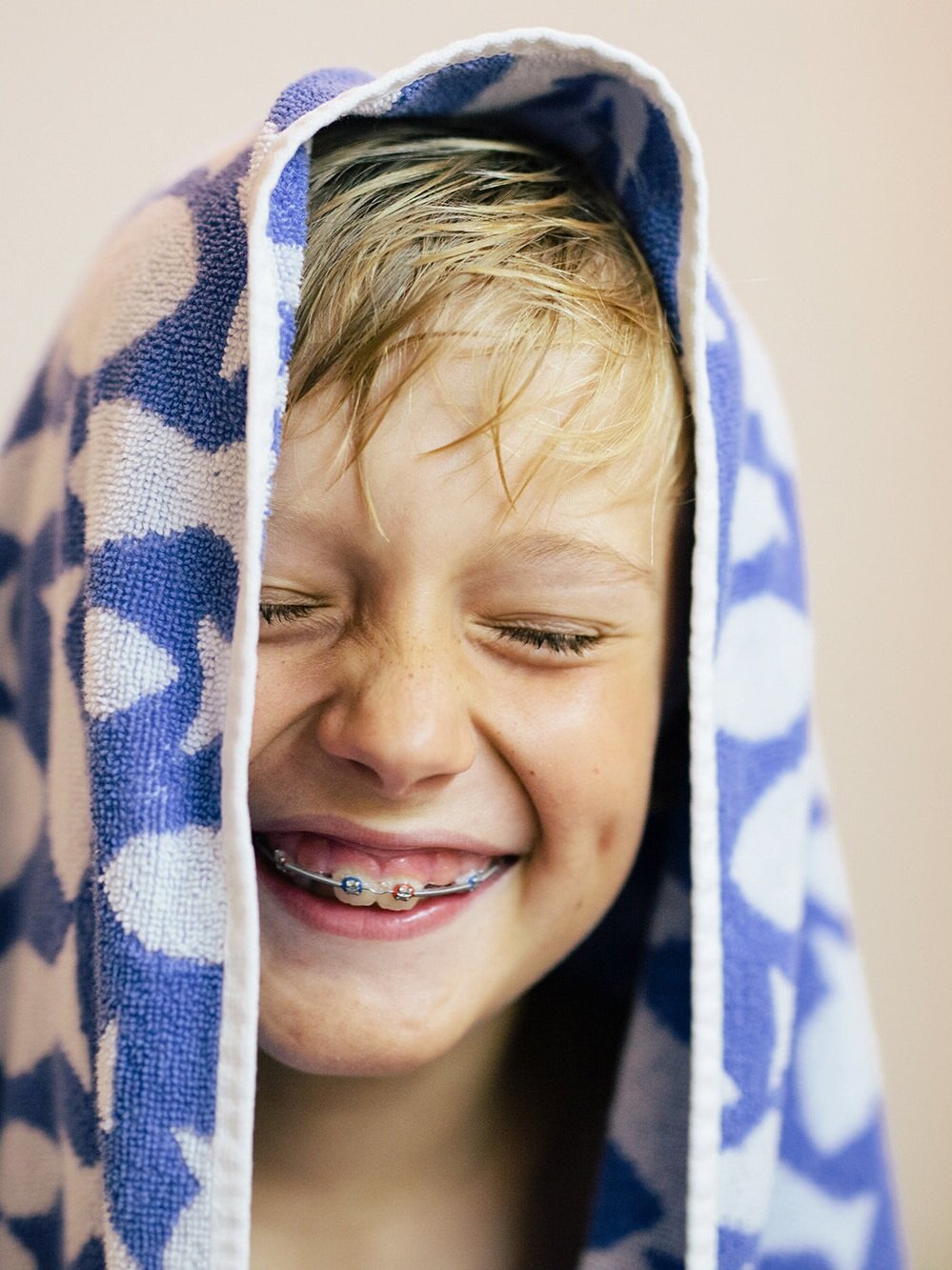Kindergarten Readiness
“Kindergarten is the new first grade.” “Is your child reading yet?” “If you want your child to start Kindergarten before they turn five, they have to take a really hard test.” “If your child waits and they’re almost six, they’ll be the oldest child in their class!” “On the first day of Kindergarten, all the children have to write their first and last name on the chalkboard.” “Is your child ready for Kindergarten?”
These are just some of the things I heard when my children were young. What, exactly, does that mean? Simply put, there are measures, guidelines, checklists, and telling signs that your young child either is, or isn’t, ready for Kindergarten. And just like everything else about raising children, answering this question sometimes requires research, testing, and advice from other parents that you may or may not follow….plus good old-fashioned parent intuition!
How can you tell if your child is ready for Kindergarten? Academically, most experts will agree….most children who start Kindergarten can recite the alphabet, count to ten, hold a pencil properly, and identify colors and common shapes. You might be thinking, “Wait. That’s it? My child has known the alphabet since they were three! They can count to 20!” Well, no. That’s not it.
Kindergarten readiness is so much more than the ABCs and it can be difficult to define. Additionally, a child’s development in one area may not translate into development in another. Across the board, though, your child should show some readiness in the following areas:
Separating from a parent for a period of time
Paying attention
Taking turns and cooperating
Following two-step directions
Communicating how they are feeling
Controlling their impulses and limiting disruptive behavior
Dressing and tending to their bathroom needs independently
Empathizing with other children’s feelings
“Wow,” you may be thinking. “That’s a lot. My child can do two…or three of those things.” Don’t panic. All of these things develop over time. Your child should show some readiness in the areas listed above. In other words, if they use descriptive language to explain why they are upset or frustrated and they are happy to share toys with a sibling or playmate, but still can’t zip their own coat, don’t panic. If they are completely independent when it comes to personal needs, and are kind and patient with a younger sibling, but can’t seem to stop fidgeting long enough to listen to a short book, that’s okay, too. Children learn a lot in Kindergarten. They learn from their teachers, obviously, but they also learn from watching, observing, and playing with their peers. Where their development in one specific area might seem a little behind, while their ability in another, such as being able to write their name and handle scissors, might appear advanced, the development of all these readiness indicators is a process. And that process takes time.
Once you have made the best decision for your child, and you are confident they are “ready”, what can you do to pave the way to a successful start to Kindergarten? Here’s a few things that may seem small but can go a long way.
Promote independence: Allow your child to serve themselves at meals, pick out their own clothes for the day, hang up their own coat, and put on their own shoes. Be sure they don’t need help in the bathroom….but also that they know it is okay to ask for help when they need it.
Give them more responsibilities: Let them feed the family pet, clear their own dishes, and put away their own clean clothes. It might be faster for you to do these things yourself, but having small tasks that are theirs alone are great confidence booster to your child.
Follow a routine: Get up at the same time each day, even on the weekends! Be sure your child eats meals and goes to bed at the same time each day.
Read, read, read: The importance of reading to your child every day cannot be stressed enough…even if it is not a book. Read ingredients in a recipe out loud, street signs, junk mail, your grocery list…anything!
Listen: Your child might be nervous about starting Kindergarten. Talk about their new school, listen to their concerns, visit the school if you’re able to, and find books about starting school that you can read together.
Remember: To take a deep breath, and ask for advice! This is one of a million decisions you will make for your child, so don’t hesitate to seek help in making an informed one!




